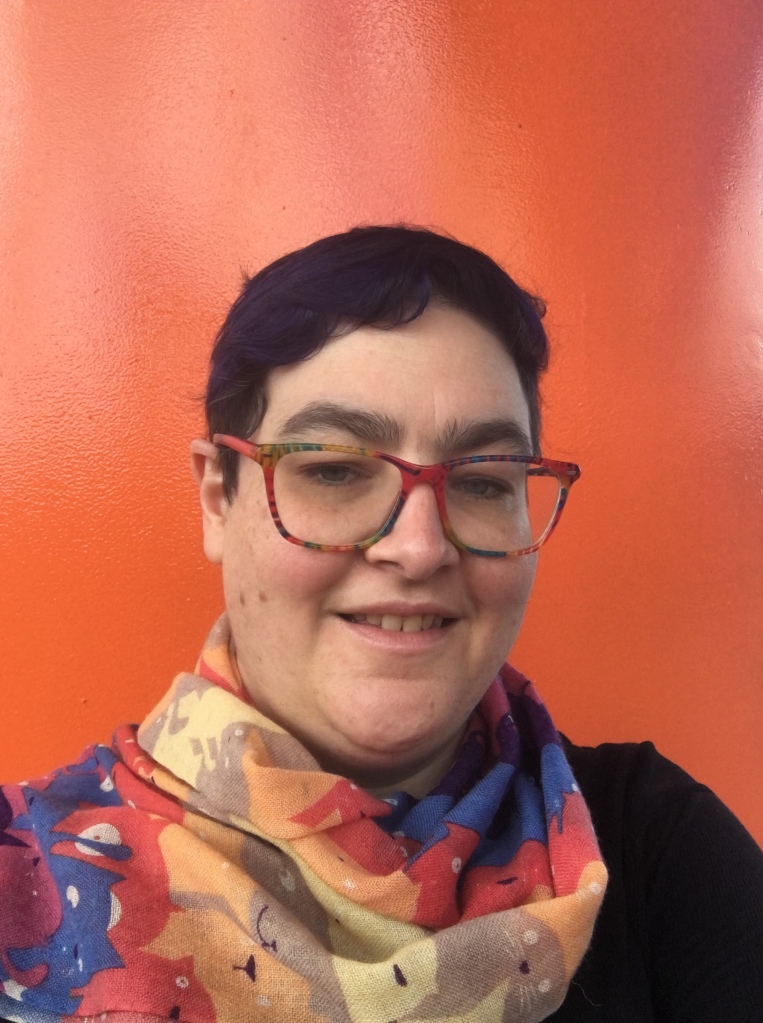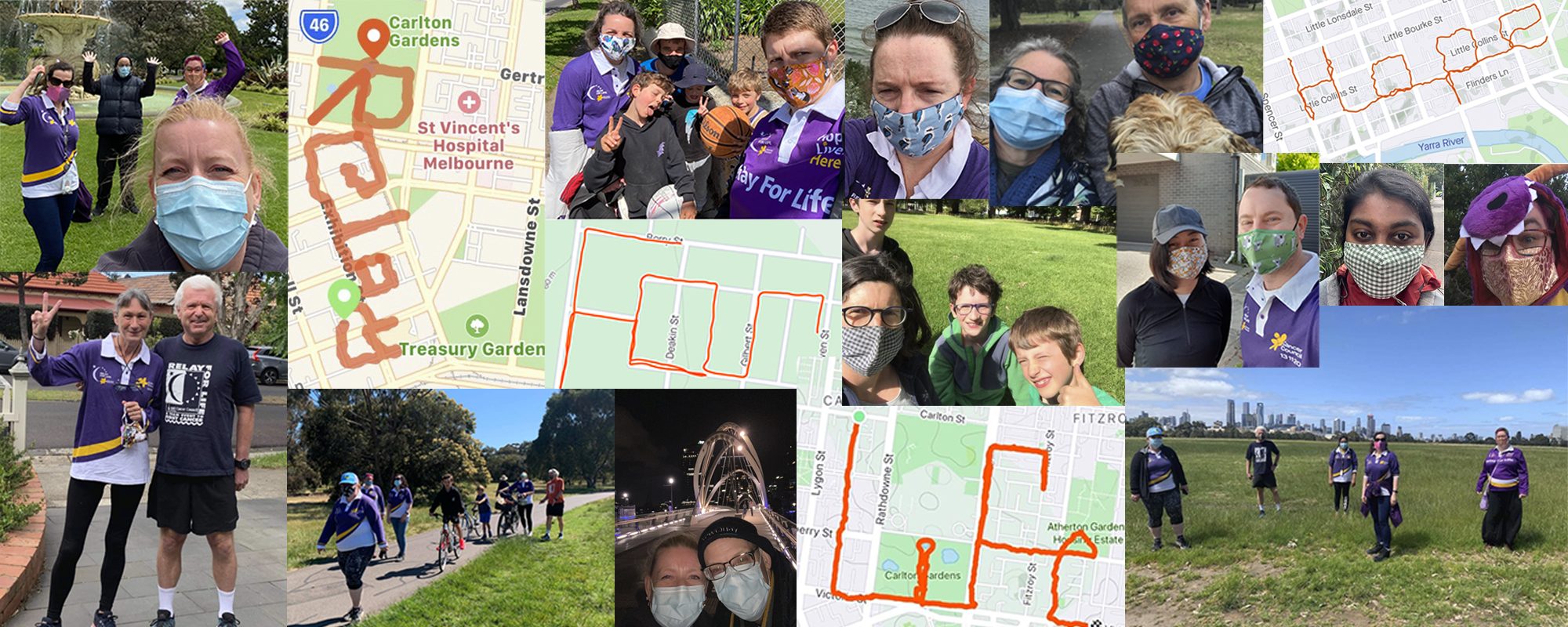Today’s Ask a Scientist post is really more about history than about science, so we are joined by Catherine McLean, a Division Co-ordinator whose first degree (and first academic love) was in history.
Who was the first scientist to make a discovery? – Nevaeh, 9
That’s a really hard question to answer, because humans have been doing science almost since they were humans! So it’s probably the person who first figured out how to light a fire (using friction to generate heat and sparks), or perhaps the person who first noticed that the sun and the moon and the stars move in predictable ways, or maybe the person who figured out that plants grow from seeds, and that you could grow food where you wanted rather than having to go and look for it.
Or what about the person who decided to carry milk in a bag made out of a cow’s stomach – and discovered at the end of the day that it had turned into cheese? Or the person who left some ground up grains and water out for a bit too long on a warm day, and came back to find that the mixture had gone all bubbly – the first sourdough starter! (Can you imagine being brave enough to eat these things?)
The thing is, people were doing science a long time before they invented writing, so unfortunately we don’t know who they were or how they made the discoveries they did.
When was the word science invented? – Mary, 11
The word ‘science’ has been with us for a very long time. It comes from a Latin word, ‘scientia’, which means ‘knowledge’, and by the end of the 14th century – more than 600 years ago! – it had found its way into English.
But science didn’t always mean science as we know it! When it entered the English language, it still meant knowledge, just like it did in Latin. Back then, the sciences included grammar, logic, rhetoric, arithmetic, geometry, astronomy, and music! It was only in the 19th century that it started to have its current meaning. That’s also when the word scientist was invented.
How did Science become a subject in school, and when? – Kasey, 11
So as you might have realized from my previous answer, science was always a subject in school, it just had a much broader meaning than it does now!
The thing is, people were doing science a long time before they invented writing, so unfortunately we don’t know who they were or how they made the discoveries they did.
When did chemical science become a thing? – Truc, 10
Chemistry is one of the oldest forms of science known to humans, but it wasn’t always known by that name. If you think about it, any time you mix two things together to get something else, you are doing applied chemistry! Archeologists have found ‘ochre workshops’ that are 100,000 years old, where ochre was mixed with bone, charcoal and water to make a paint-like substance – perhaps the earliest evidence we have of humans performing chemistry!
Other prehistoric and ancient forms of chemistry would have been smelting and glassmaking. Smelting uses heat to extract metal from rocks, or to blend metals together (like copper and tin to make bronze), and glassmaking uses heat to turn sand into glass. And of course, when you apply heat to cook food, and it changes its and colour texture, that’s chemistry too, and that’s something that was also done by humans well before recorded history began.
Around about 2,500 years ago, our attitude to chemistry changed. People started wanting to know not just how to make things like glass or cooked food or bronze, but how and why this happened. They wanted to know things like why a particular substance could occur in different states (for example, water, which can solidify into ice or evaporate as steam), or what made one substance different from another on an atomic level. The idea of atoms, tiny particles from which all things are made, was first suggested in 300 BCE, more than 2,300 years ago!
Of course, the ancient chemists didn’t get everything right! One thing they thought was that everything was composed of the elements of earth, water, air and fire (or metal and wood, in some systems). Later on, a lot of chemical exploration was channeled into the idea of alchemy, the quest for a substance that could perfect all other substances – turn lead into gold, or heal all ills. This substance was called the Philosopher’s Stone, and it doesn’t exist – or if it does, nobody has found it yet!
Chemistry as we know it now really came into being in the 17th century – not so very long ago at all, when you think about those prehistoric cave painters. And there are still lots of things we don’t know! When you think about the fact that, everyone, from the cave painters, to the philosophers to the alchemists to our modern chemists, got some things right, and some things wrong, you have to wonder: what are the things we think we know about chemistry today that will be considered absurd by our many times great-grandchildren in 300 years or so?

Catherine works as a Division Coordinator at the WEHI. She isn’t a scientist at all – but she did major in History at university, so that’s why she got picked to answer these questions! Catherine’s job is about helping the scientists in the Blood Cells and Blood Cancer division to have more time to do science. Some of the ways she does this is by drafting applications for funding and annual reports, assisting with ethics applications, organising seminars and conferences, and captaining the WEHI Relay for Life team. (OK, that’s not strictly part of her job, but since WEHI has a pretty strong culture of giving back to the community and of scientific outreach, it’s definitely closely related!)
